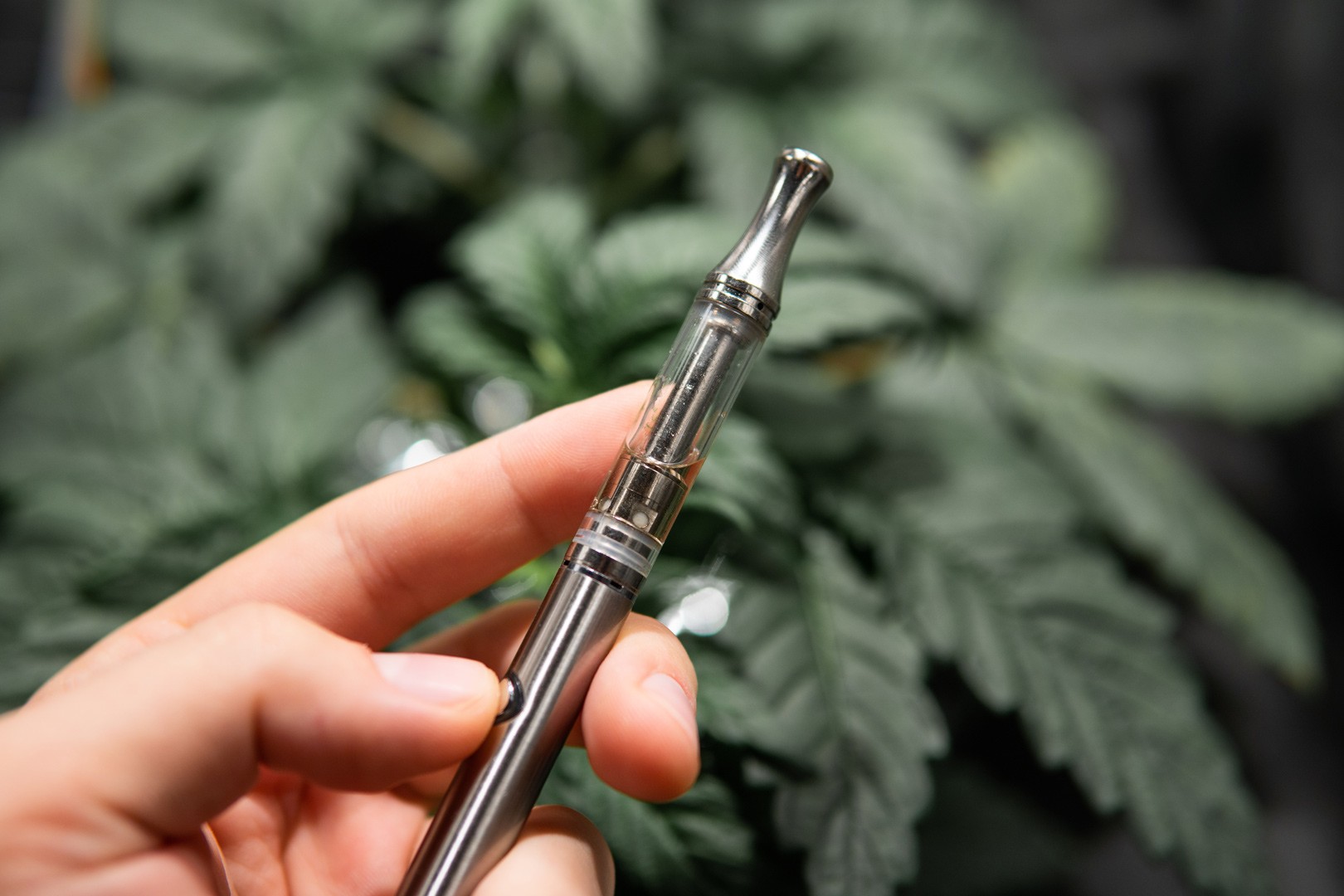THCP and THCA are two compounds found in cannabis that have been gaining attention for their potential health benefits. Both compounds belong to the family of cannabinoids, which are chemical compounds found in the cannabis plant. While they share some similarities, they also have distinct structural variations and biological activities that set them apart.
THCP, or tetrahydrocannabiphorol, is a relatively new cannabinoid that was discovered in 2019. It is similar to THC, the compound responsible for the psychoactive effects of cannabis, but it has a longer side chain. This structural difference allows THCP to bind more strongly to cannabinoid receptors in the body, potentially making it more potent than THC.
On the other hand, THCA, or tetrahydrocannabinolic acid, is the precursor to THC and does not produce any psychoactive effects on its own. When heated or aged, THCA converts into THC through a process known as decarboxylation. Despite its lack of psychoactivity, THCA has been shown to have anti-inflammatory and neuroprotective properties.
The structural differences between what is thca and thcp play a significant role in their biological activities. Studies have shown that THCP has a higher affinity for cannabinoid receptors than THC, which could potentially make it more effective at producing therapeutic effects. In contrast, THCA interacts with different receptors in the body and may offer unique benefits compared to other cannabinoids.
One area where these compounds differ is in their potential use as pain relievers. While both THCP and THCA have shown promise as analgesics in preclinical studies, their mechanisms of action differ. THCP appears to target specific pain pathways in the body more effectively than traditional opioids without causing addiction or tolerance issues. On the other hand, THCA may reduce pain by modulating inflammation and oxidative stress in tissues.
Another area where these compounds diverge is their potential use as anti-cancer agents. Research suggests that both THCP and THCA exhibit anti-tumor properties by inhibiting cell proliferation and inducing apoptosis (cell death) in cancer cells. However, each compound targets different signaling pathways involved in cancer progression.
In conclusion, diving deep into the structural variations and biological activities of THCP vs.THCA reveals exciting possibilities for harnessing these cannabinoids’ therapeutic potential. While both compounds show promise as alternative treatments for various health conditions such as chronic pain and cancer management., further research is needed to fully understand their mechanisms of action and optimize their therapeutic applications.




